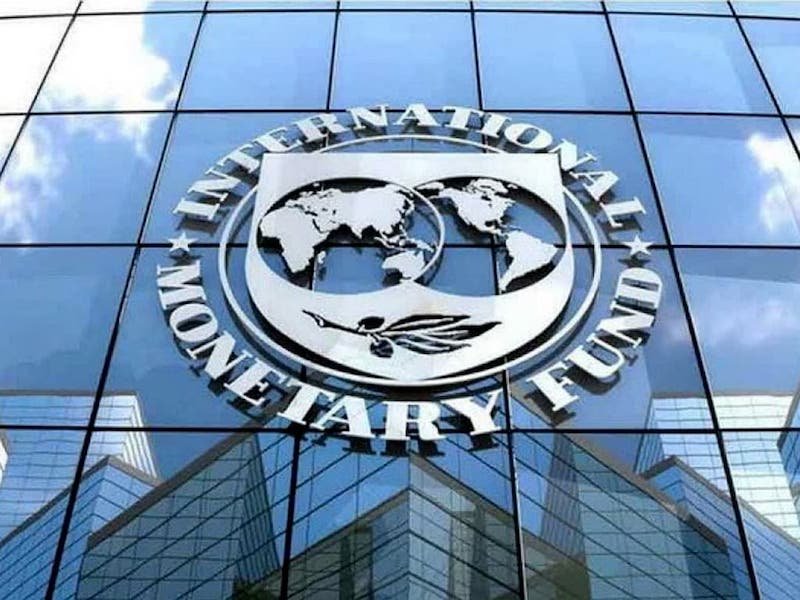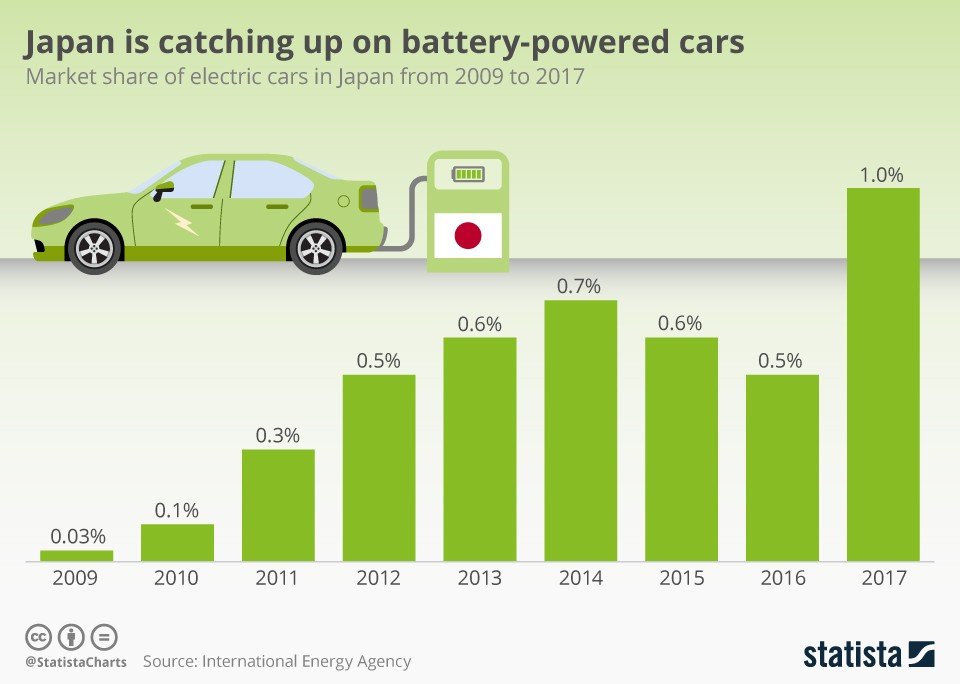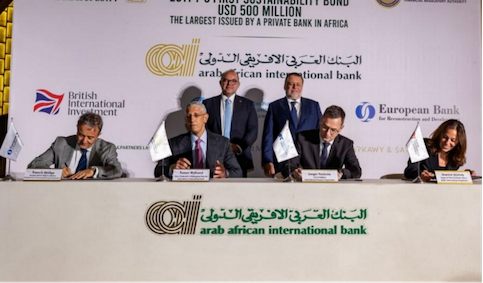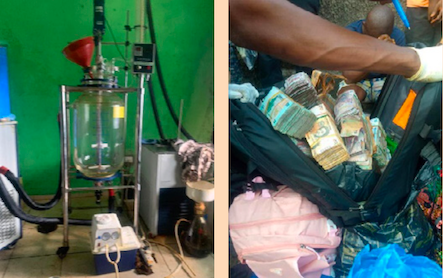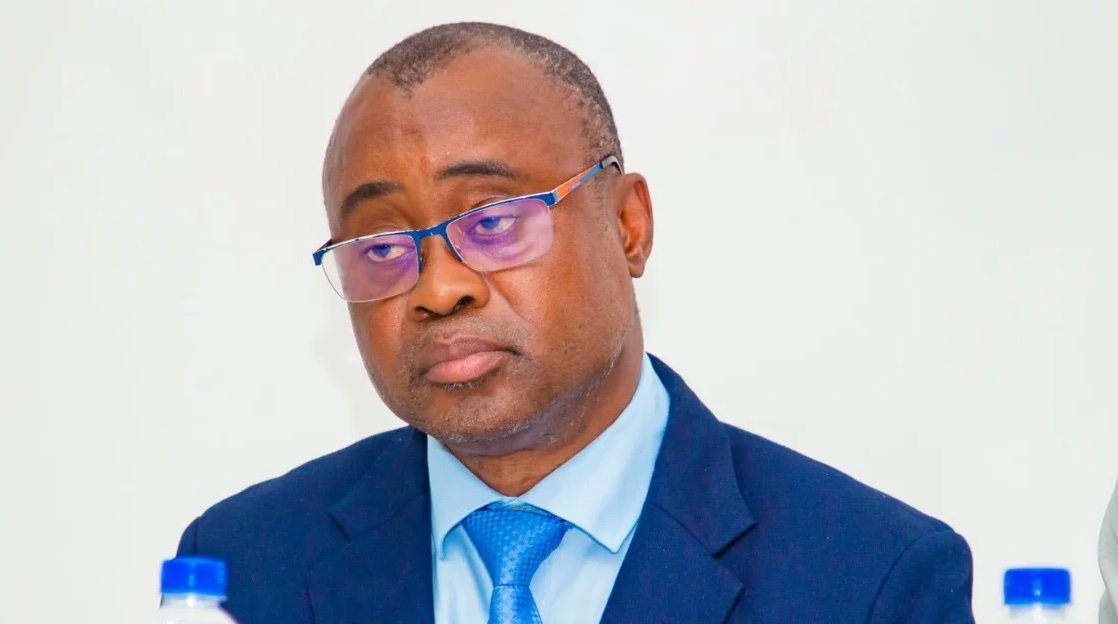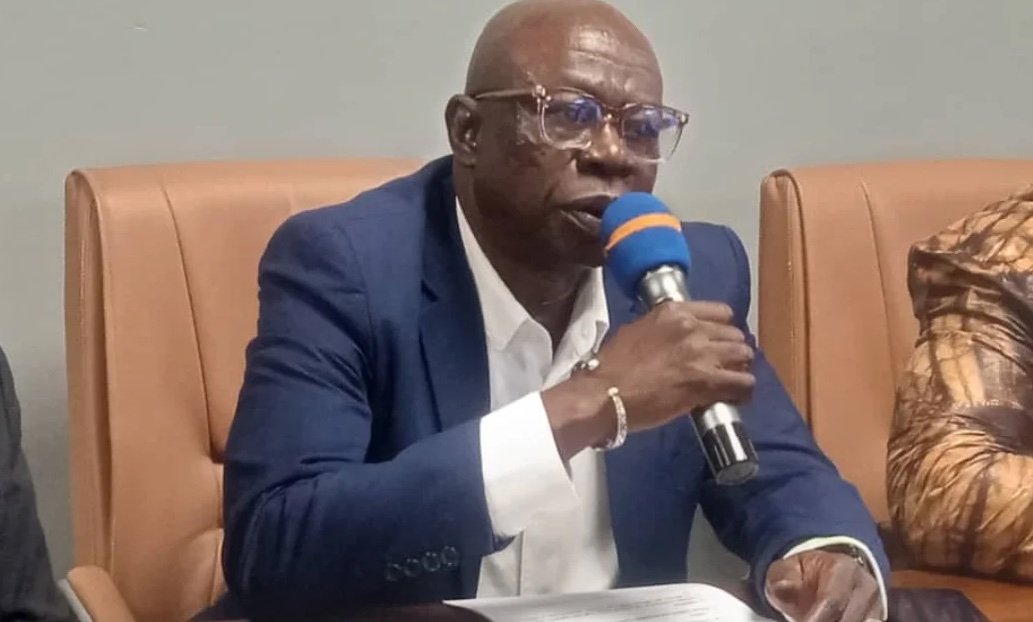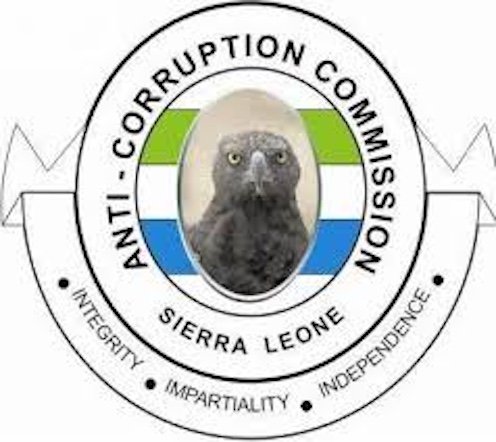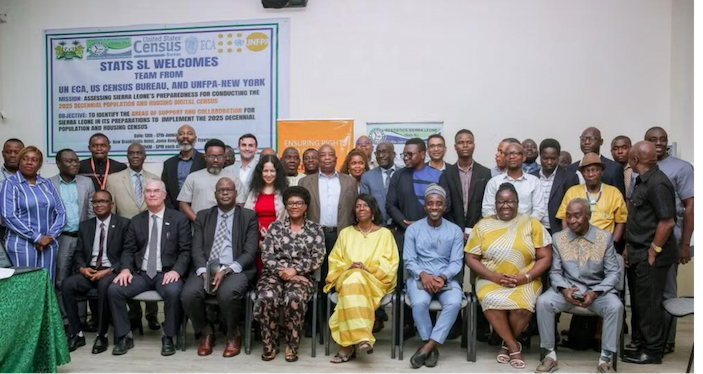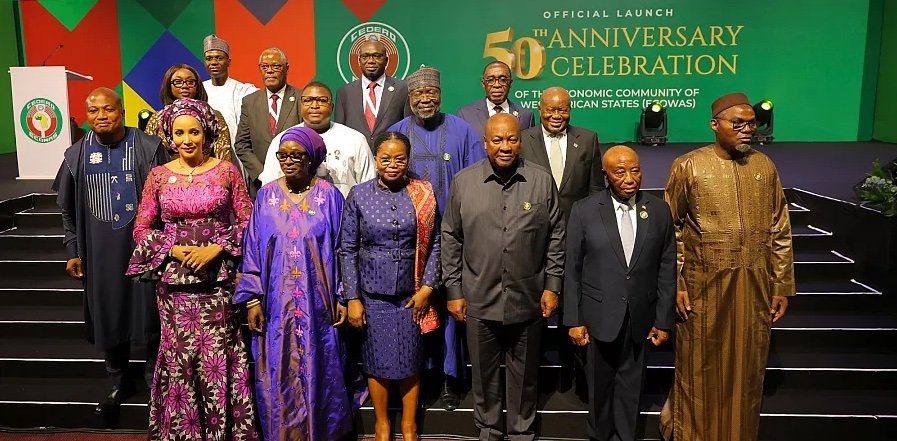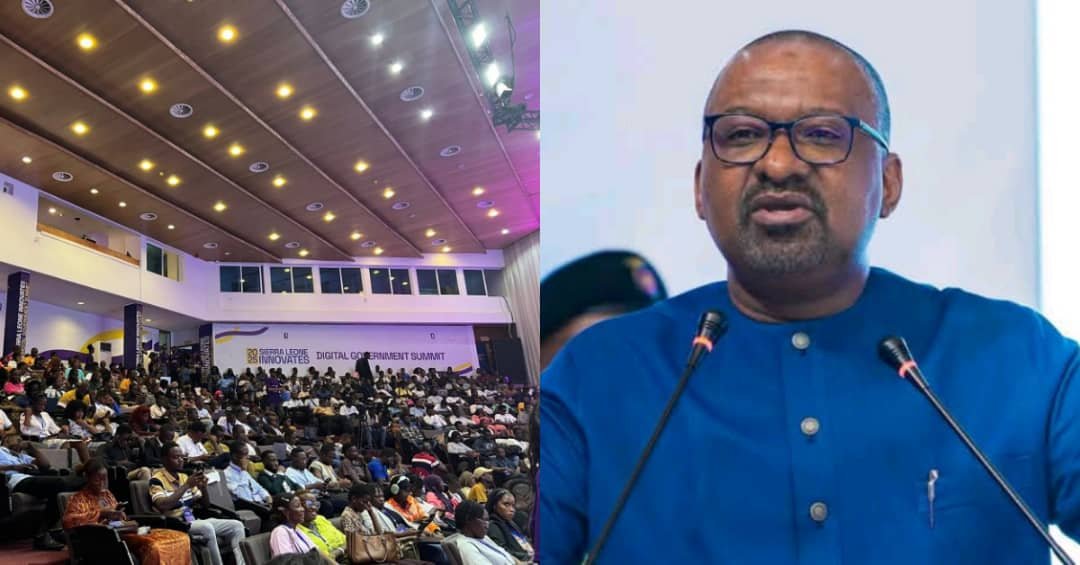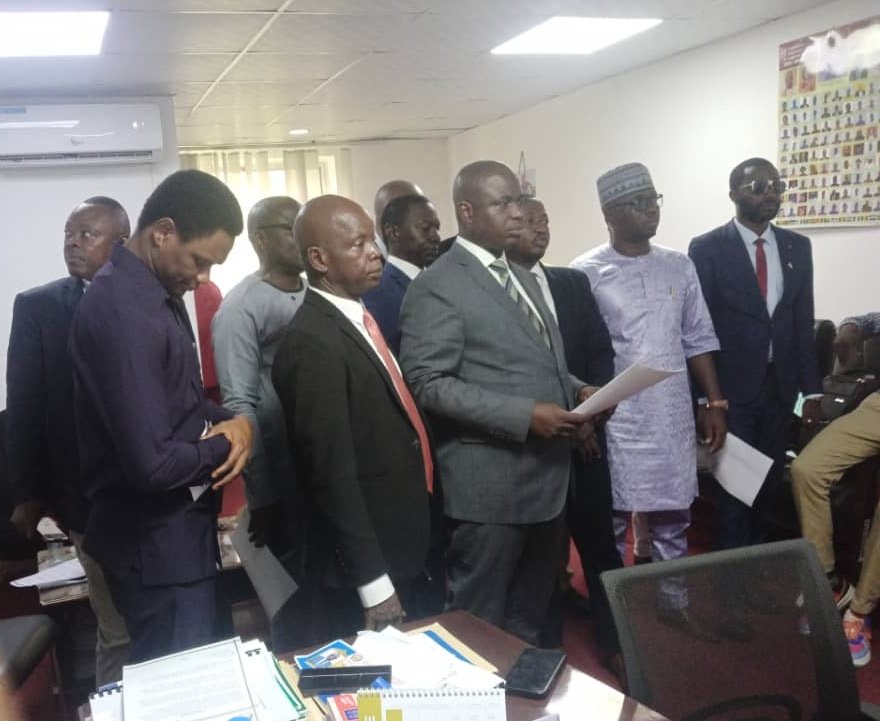S/Leone unveils smart infrastructure projects, Tech City Vision at tech summit
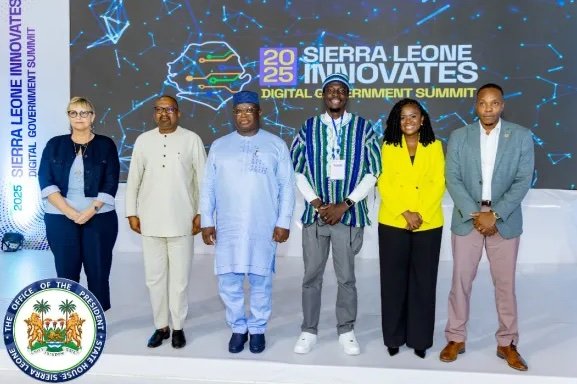 Government Officials at 2025 Sierra Leone Digital Innovation Summit
Government Officials at 2025 Sierra Leone Digital Innovation Summit
Sierra Leone’s government has unveiled a suite of flagship projects aimed at transforming the country’s digital infrastructure, including the development of a Tech City, national broadband expansion, and the continent’s latest drone corridor, officials said at the Sierra Leone Innovates Tech Summit.
The bold infrastructure drive, led by the Ministry of Communication, Technology and Innovation, signals the country’s ambition to become a regional hub for innovation, e-governance, and smart agriculture.
“These are not just announcements—they are commitments,” said President Julius Maada Bio during the opening ceremony in Freetown. “We are laying the physical and digital foundations for a smarter, more inclusive Sierra Leone.”
At the heart of the initiative is the proposed Tech City—a technology park and startup incubator to be built on the outskirts of Freetown. Officials say the facility will provide affordable workspace, high-speed internet, and mentorship opportunities for innovators and startups.
Meanwhile, the government also announced the launch of West Africa’s newest Drone Corridor, a regulated airspace designated for drone testing and service delivery. Backed by international partners, the corridor is expected to enhance last-mile logistics in health, agriculture, and emergency response.
“These projects will allow young Sierra Leoneans to build, test, and scale locally made solutions for real-world problems,” said Salima Monorma Bah, Minister of Communication, Technology and Innovation.
The summit also marked the progress of the National Fiber Backbone Phase 2, extending broadband infrastructure to 14 of the country’s 16 districts. Under this phase, government institutions, health centers, and educational facilities are being connected to high-speed internet for the first time.
In tandem, rural communities are benefiting from Universal Access Development Fund (UADF) initiatives, including the deployment of rural telephony sites aimed at bringing mobile and internet access to agriculture-heavy regions.
“The digital divide is real, but it is narrowing,” said World Bank Country Director Abdu Muwonge. “We are seeing fiber optics reach chiefdoms that were once off the grid.”
Another highlight of the summit was the unveiling of a data exchange layer—a back-end system that enables different government databases to interact securely. Developed with ECOWAS support, the system is being piloted at the National Civil Registration Authority, with future plans to link health, education, and immigration records.
Additionally, government officials reported progress on a Digital Public Infrastructure roadmap, including e-payment platforms, digital ID systems, and public-service automation tools.
Private sector players have shown interest in co-investing in these smart infrastructure projects. International tech firms including Amazon Web Services and Huawei praised the clarity of the country’s digital transformation strategy.
Private sector players have shown interest in co-investing in these smart infrastructure projects. International tech firms including Amazon Web Services and Huawei praised the clarity of the country’s digital transformation strategy.
Local entrepreneurs also welcomed the announcements. “For us in tech, infrastructure is everything,” said Isha Kamara, a founder of a Freetown-based agri-tech startup. “This is how you build an ecosystem—not just apps, but the roads and rails they run on.”
As Sierra Leone pushes forward, officials say the flagship projects will be tracked through performance dashboards and community reporting systems to ensure transparency and accountability.
06-06-2025


